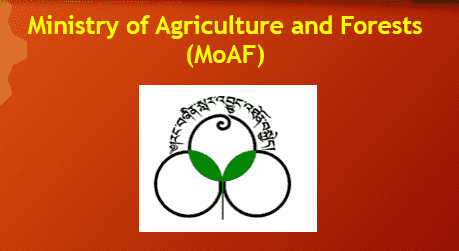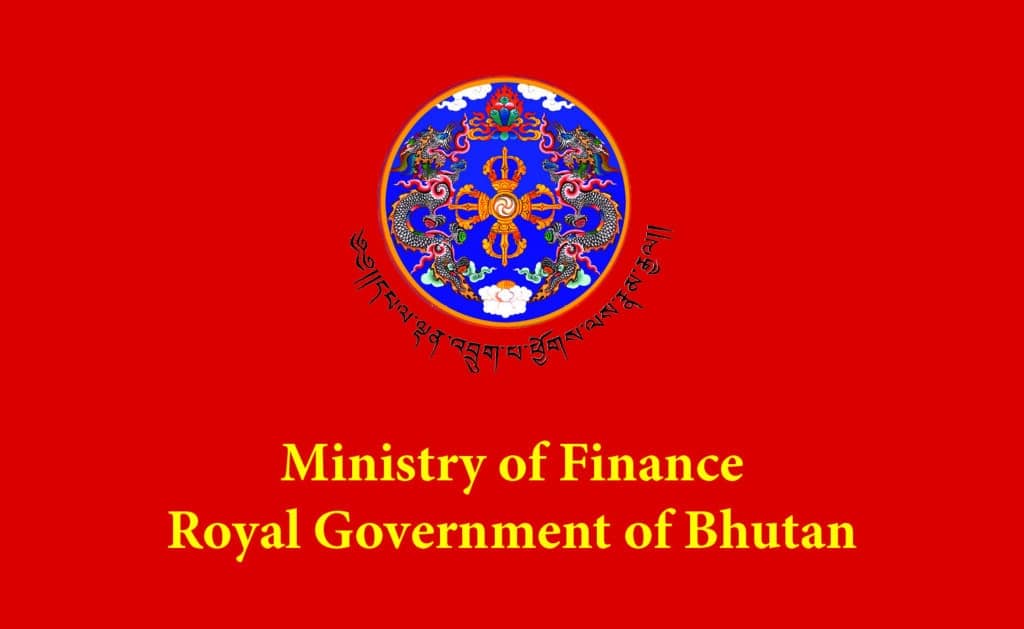The MoAF is still working with the APEDA in India to get BAFRA accredited certification of Bhutanese organic products
To achieve the targets of organic farming in the country, the Ministry of Agriculture and Forests (MoAF) has developed a system to enhance organic certification to facilitate the marketing of organic products in domestic and in other countries.
An official from the MoAF said this system will coordinate and link the organic market system with a well-established robust and operational organic certification system towards achieving the targets of organic farming across the country.
He said that the ministry has also established an organic value chain for the National Organic Flagship Program (NOFP) for the targeted commodities like buckwheat, ginger, turmeric, and lemon grass oil.
In addition, sustainable production, supply, and access to basic bio-inputs indispensable for organic production, supply of organic commodities from integrated and certified landscapes are also included in line with organic farming.
“A well-recognized institution is also developed to take forward and address the future needs of the organic sector in Bhutan,” the official said.
An organic agricultural specialist from the MoAF said that conversion to a fully organic production system is a long-term vision and the ministry is supporting organic initiatives in a potential landscape and communities.
He said that food security will always remain a top priority for the ministry.
“Considering this objective organic agriculture will be pursued wherever there are clear comparative advantages and those landscapes where there are no or minimal use of inorganic inputs,” he added.
Meanwhile, to support organic farming, the ministry has achieved and implemented various programs. One is the in-country production of organic fertilizer.
Currently, 2,806 Metric Tons (MT) of compost, 432MT of bio-fertilizer, and the production of more than 30,000MT of improved compost at the household level are pursued.
However, the ministry through the NOFP support, two centers including the National Soil Services Centre (NSSC) and National Plant Protection Center (NPPC) are leading the initiatives in constructing laboratory facilities.
“The laboratory facilities are for the production of bio-fertilizer and rearing of biological control agents such as parasitoids, predators, mass culturing of fungi, nematodes, viruses, and other microbes,” the official said.
Similarly, the National Seed Center (NSC) is also working on producing organic seeds with support from the NOFP to enhance seed processing equipment and necessary facilities.
And the Department of Forests and Park Services (DoFPS) is supporting farmers in the country in the sustainable management of lemongrass and the production of quality lemongrass oil for export.
“With the NOFP intervention, the gross value of organic commodities produced has increased from Nu 2mn to Nu 277mn while the number of certified products has increased from 10 to 38 in recent years,” an official said.
Further, the BAFRA is accredited as the international certifying body for organic products by the National Accreditation Board for Certification Bodies (NABCB), India.
The ministry has designated National Centre for Organic Agriculture (NCOA) in Yusipang, Thimphu to coordinate organic research, development, and certification schemes, among others.
“To achieve the vision of converting to organic food, the ministry struggles in organic management of pest and disease including weed,” an official said, adding that it has been a major challenge for promoting organic farming and providing effective organic alternatives.
He added that the certification requirements of importing countries are very difficult.
“Each country has stringent organic certification requirements and challenging as our certification system has to be registered and accredited by the importing country which is a long process.”
For this, the ministry is currently working with the Agricultural and Processed Food Products Export Development Authority (APEDA) of India to get BAFRA accreditation so that BAFRA certification is accepted in the Indian market.
However, the ministry also continues to support and promote certified organic production landscapes and in-country production of bio-inputs such as organic fertilizers, bio-pesticides, seeds, and feeds, which are basic requirements for organic production.
Similarly, identifying and promoting suitable organic technologies like disease-resistant crop varieties, high-yielding varieties, organic soil fertility management, and other organic management practices will also be monitored, according to the MoAF.
Sherab Dorji from Thimphu














